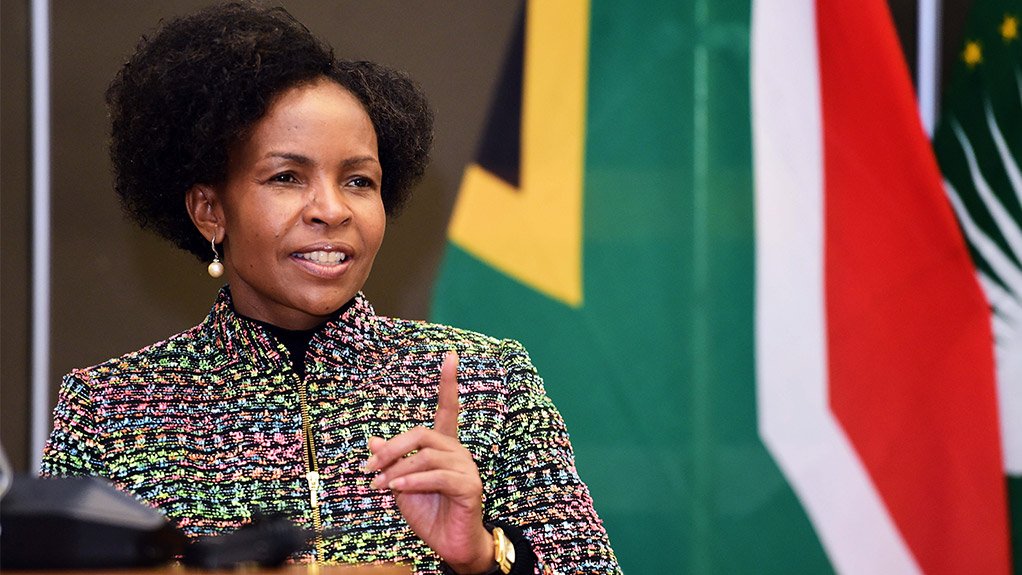There are no plans to call in Minister of International Relations and Co-operation (Dirco) Maite Nkoana-Mashabane before Parliament just yet, portfolio committee chairperson Siphosezwe Masango has said.
Nkoana-Mashabane on Sunday said she had "agonised" over her decision to grant Zimbabwean first lady Grace Mugabe diplomatic immunity following claims she assaulted a South African model in Sandton last week.
Inkatha Freedom Party MP Mkhuleko Hlengwa on Monday wrote a letter to Masango requesting he call the minister in, saying it was in the national interest for the minister to explain herself to the committee.
Masango told News24 on Monday that he had not received a formal request yet from any MPs on the matter.
He would wait until the committee's next sitting where more MPs could make their opinions known before deciding if it was necessary to summon Nkoana-Mashabane.
"The matter is quite straightforward. The minister has acted cogently in terms of section 7 of the Diplomatic Immunities and Privileges Act," Masongo said.
"A minister, if there is an absence of agreement between two countries, can grant immunity to an organisation, an agency or a person.
"In this instance, she granted this to a person. The minister has also acted in the best national interests of the two countries."
He believed South Africa's economic and political relationship with Zimbabwe warranted an argument for immunity.
Precedent
When asked what precedent would be set going forward in potential criminal matters between heads of state, he said Mugabe would still be represented by lawyers in court, and the complainants case would still be heard.
The complainant's "rights" would therefore still be upheld he claimed, despite little possibility of sanction were Mugabe to be found guilty.
He also said it was not the first time a country has granted immunity to Mugabe, as precedent had been set by China, Singapore and Malaysia in the past.
In those visits however, Mugabe's immunity was granted due to her being a spouse of a sitting president before the trip, which is protocol in international visits.
In this instance, Nkoana-Mashabane signed the letter of immunity after model Gabriella Engels laid the charges of assault.
Masango declined to wade further into the merits of the case, saying both sides must still be heard in court, and the DIPA Act gives the minister certain powers.
Nkoana-Mashabane meanwhile, said she considered several factors before deciding on her final decision.
These included the imperative to maintain good inter-governmental relations within the SADC region, and in particular, between South Africa and Zimbabwe.
This also has to do with the incident coinciding with South Africa's hosting of the 37th SADC Summit of Heads of State and Government and legal considerations.
The 52-year-old wife of President Robert Mugabe was accused of beating Engels, 20, on August 13 at a Johannesburg hotel where her two sons were staying.
Engels said she sustained deep cuts to her forehead and the back of her head. She registered a case with the police the next day alleging assault with intent to do grievous bodily harm.
Mugabe returned to her home country on Sunday morning.
Afriforum, which is representing Engels, said it would approach the courts to contest the diplomatic immunity.
"What we will carry on with is a review application [of the decision] to grant her immunity," said Afriforum's legal representative Willie Spies.
EMAIL THIS ARTICLE SAVE THIS ARTICLE
To subscribe email subscriptions@creamermedia.co.za or click here
To advertise email advertising@creamermedia.co.za or click here











